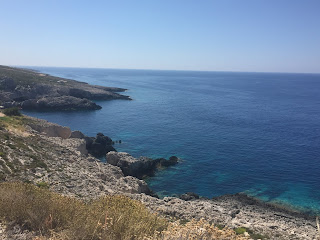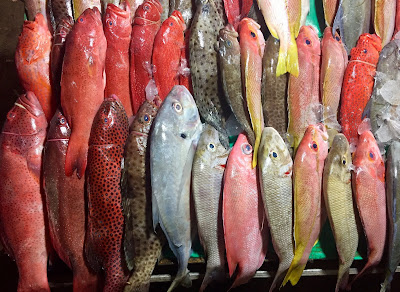Live Spelled Backwards

The Gathering - D.Noll, July 2013 © — I watched my father slip away over the course of a year. He had a tumor in his brain sucking at his life daily, growing like a molding sponge that didn’t know it was doomed to crumble once its host detached from the world they shared. There are moments when I can identify with that tumor, just wanting to exist, wanting to mean something to an ever increasingly indifferent reality. “ Why even try” became the ranting question bearing down upon an as-of-yet non existent future. I’ve toyed with suicidal tendencies, the band and the psychology, and I’ve experimented with alterations to my mind, in lesser or greater degrees during past lives, but none of it has ever prepared me for the chaos that I perceive tormenting life now. There is living galore, with all of the trimmings, spewing forth ever-more layers of growth-cycles-in-decay, depending upon perspectives. They often become pits to sink into to swim and drown, or clouds with which ...




